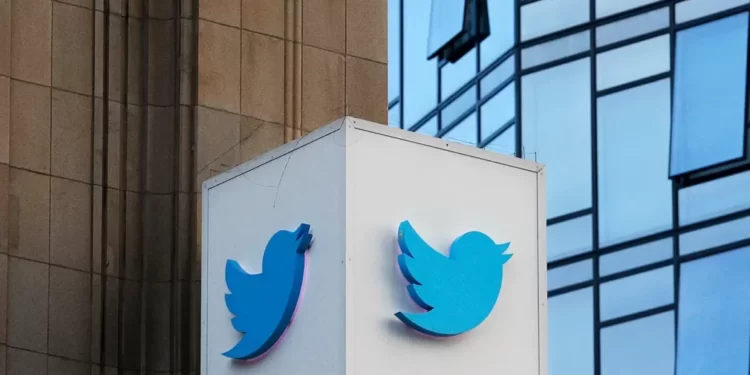Twitter has filed a lawsuit against a civil society organisation for publishing reports that criticised the company’s handling of hateful content under billionaire Elon Musk’s ownership, it emerged on Wednesday.
The organisation, the Center for Countering Digital Hate (CCDH), has been challenged by Twitter in the San Francisco federal court. The CCDH, which tracks online hate, is facing allegations that it tried to harm Twitter’s reputation through reports criticising the company’s approach towards hate and misinformation.
Twitter, which has been rebranded to “X” by Musk, published a blog post pertaining to the matter. It accused CCDH of “actively working to assert false and misleading claims encouraging advertisers to pause investment on the platform”.
Twitter said the nonprofit is pressuring the brands to withdraw advertisements from the company through its “scare campaign”, which is preventing public dialogue on the platform. Twitter also accused CCDH of attempting to obtain unauthorised access to its data and to misuse it.
In response to the allegations, CCDH’s CEO Imran Ahmed said Musk is trying to silence independent researchers who are shedding light on the critical issue at the organisation.
“X’s legal threat is a brazen attempt to silence honest criticism and independent research, perhaps in a desperate hope that it can stem the tide of negative stories and rebuild the company’s relationship with advertisers,” Ahmed had said in an op-ed published published on Monday.
Musk and his legal team have engaged in an aggressive campaign to intimidate, bully and silence CCDH, including Musk on July 18 calling my organization ‘evil’ and me, its CEO, a ‘rat’, Ahmed added.
The tension between Twitter and CCDH intensified after the social media company threatened to sue the nonprofit on July 20, 2023. The latter has been conducting research into the growing patterns of hate speech on Twitter following Musk’s $44 billion acquisition that took place in October last year.
Despite the billionaire’s claims that “hate speech impressions” were down by one-third under his ownership, research indicated there had been a “dramatic” surge in hateful content instead. According to a report released by CCDH at the time, posts targeting people for their race and identity increased by an alarming 272 per cent since Musk’s takeover.
Musk also drew the ire of digital rights and online safety experts for allowing back the accounts that had been suspended for serious guidelines violations. The billionaire, who calls himself a “free speech absolutist”, would go on to impose bans on parody accounts and publicly insult users who disagreed with him or were critical of his policies.





